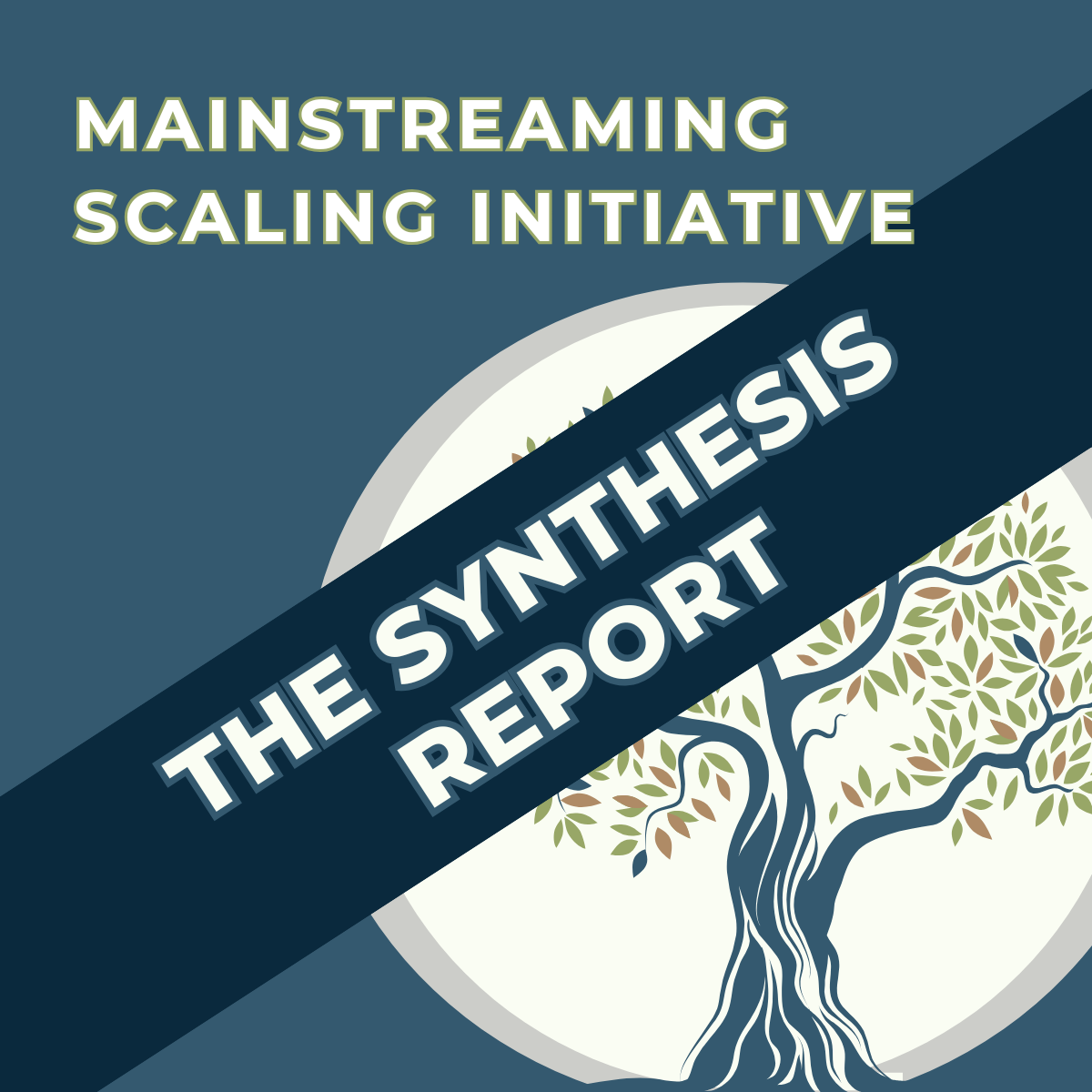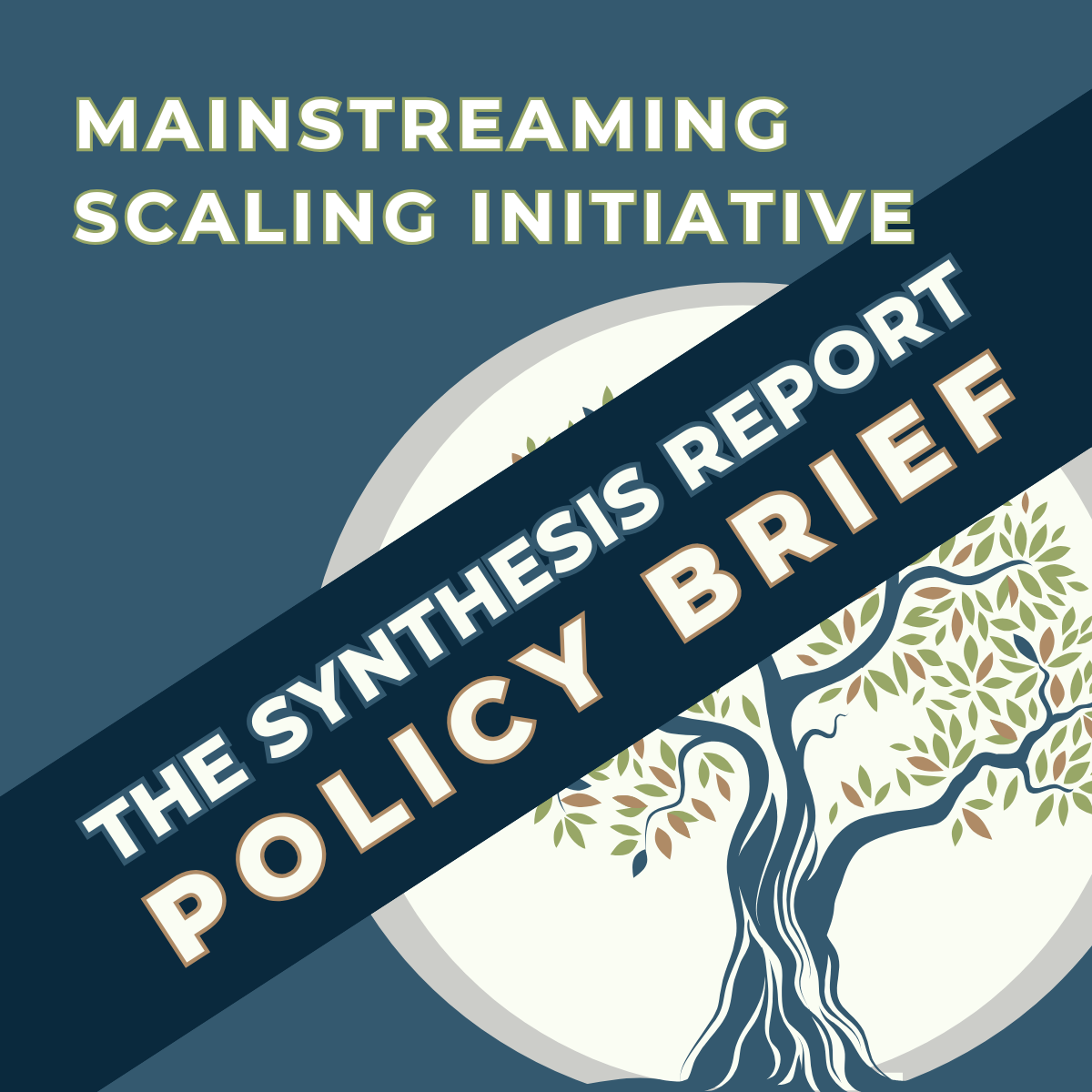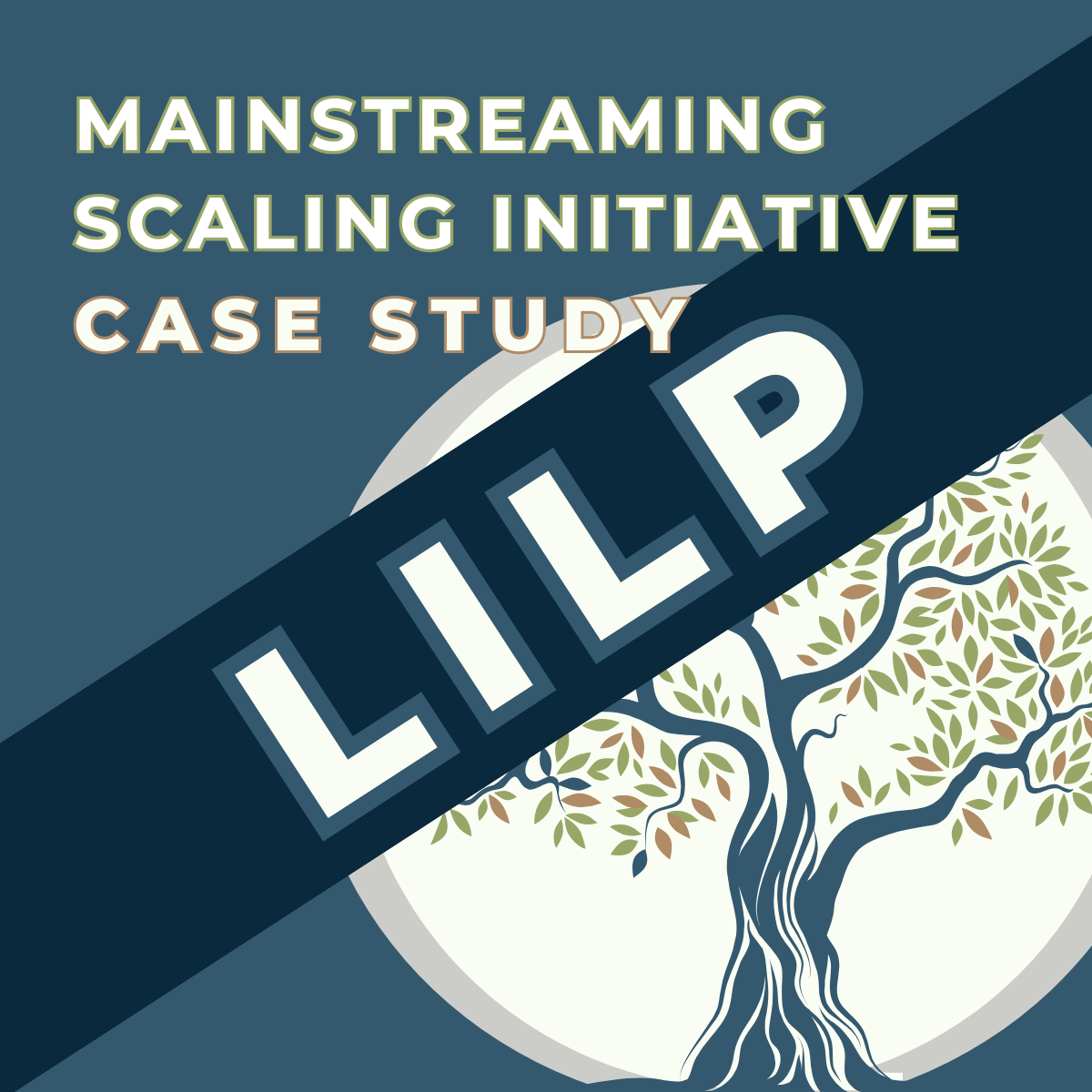Education development stands at a critical crossroads. Official development assistance (ODA) for education is expected to drop by $5 billion, from its record high of $16.6 billion in 2022. While private philanthropy can step in to close some of this gap, its total contribution will need to increase significantly from the current $607 million it spends on education today. Moreover, any increases in education spending will need to compete with other sectors such as health that are also facing similar funding shortfalls.
The only alternative is government financing. Of course, government financing is constrained as well – low- and middle-income governments are already allocating as much to debt servicing as education, making it difficult for them to increase their financing to the sector. However, governments are currently spending a significant amount of their existing budgets on education and there is an opportunity to help them improve their returns to their existing investments. This is the guiding principle behind Elimu-Soko.
Elimu-Soko was set up to support governments deliver against their strategic priorities. We rely heavily on non-state innovations with a strong evidence-base and a proven ability to improve the quality of education in a cost-competitive manner. However, we don’t advocate for an issue area, or innovation, or implementer. Instead, we adopt a government-driven approach where governments set the priorities, choose the innovations, and eventually scale-up/embed the innovations in the system. Our role is merely to provide them with the data and evidence they need to make informed decisions.
What are we learning? Thanks to years of advocacy from the education community, governments are already focused on improving the quality of education and they understand the role that teachers and school leaders play in driving quality. We also find that governments are very responsive to advice based on data and evidence. It seems that the only difference in our approach – our secret sauce – is that we start with the government’s priorities rather than our own. However, that simple change seems to have a profound impact on long-term government ownership and unlocking of government resources.
Zanzibar Case Study: From January to July 2024, Elimu-Soko partnered with TeachUNITED, the Hempel Foundation, and the Zanzibar Ministry of Education and Vocational Training to pilot this approach. This pilot project aimed to improve the skills of over 200 educators and boost math and literacy scores for more than 20,500 primary students, building the foundational skills they need to thrive in the classroom and beyond. Educators were trained on teaching strategies that are proven to help students catch up on 2-3 years of learning within just one school year. The training was combined with job-embedded coaching to ensure the skills were embedded into teachers’ day-to-day classroom instruction. By the end of the program, 9x as many students scored proficient in math, and 6x as many students reached reading benchmarks. The project has the potential to reach all 490,000 students in Zanzibar at $1 per student.
On the back of these results, the Government of Zanzibar has approved our successful pilot to be embedded in the system. While the government is not able to devote additional financial resources to the scale-up, it has offered a % of time of its 120 teacher trainers and school inspectors to roll-out and monitor the program. This personnel investment from the government amounts to almost 40% of the scale-cost of the program. Further, this approach means that the innovation will be fully embedded in the system over the next 2-3 years, ensuring its long-term sustainability.
We are looking forward to supporting the many governments that have approached us to help them drive systems change in a similar manner.


